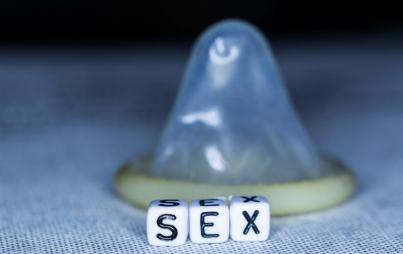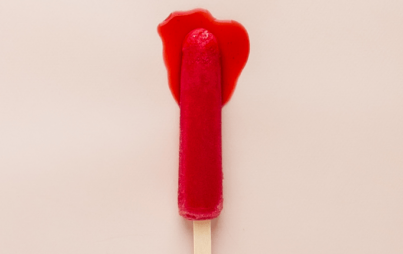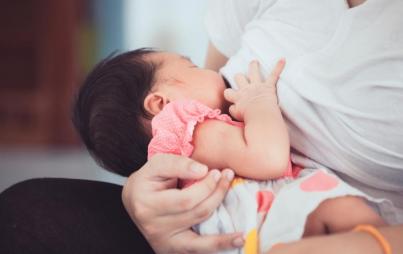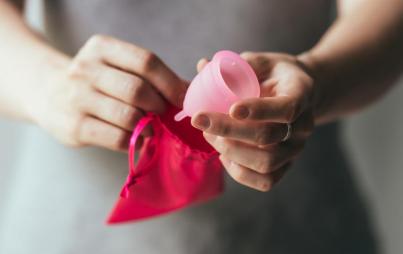
A couple months ago, I wanted to contribute to a charity called Comfort Cases. A local family was collecting supplies to pack into backpacks to be given to kids entering foster cases. The backpacks would contain new clothes, books, stuffed animals and toiletries for kids. (The Comfort Cases story is lovely, you can read it here.) When I asked the woman coordinating the project what they needed, she said menstrual supplies for teens. In a sudden flash of intense empathy, I imagined a 13-year-old having to ask strangers for pads. Needless, to say, I was in the menstrual supplies aisle of Target later that day to buy supplies for the project.
The average age of onset of menstruation in the US is 12. The average age of menopause is 51. Even subtracting a few years for pregnancy and other menstrual stoppages, the average female-bodied person will have a period every month for 35 years. If you assume each period costs about $15 to care for, that’s $6,300 spent on menstrual supplies in a lifetime.
Did I mention that menstruation is not optional and the cannot be ceased without medical intervention that also costs money?
For those living in poverty, accessing menstrual supplies can be a true crisis. That’s why it’s so damn brilliant and compassionate that lawmakers in New York City are proposing programs that will make menstrual supplies free and available in public schools, and homeless shelters. They are also calling for reforms to the current systems of allocating menstrual supplies in correctional facilities to make them easier for inmates to access. (Sidebar: if you are ever donating items to a homeless shelter, donate menstrual supplies. Diaper banks often accept them as well.) In addition, the Council members are drafting a resolution asking the State Legislature to stop applying sales tax to menstrual products.
Some Grouchy McGrouchpants is probably grumbling about why should tax-payers foot the bill for someone else’s pads and tampons, and you know what? Bite me. I don’t have it in me to care about arguments against making it easier to get menstrual supplies. It’s a good idea and we should all embrace it.








